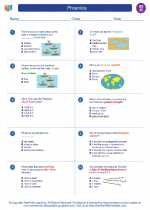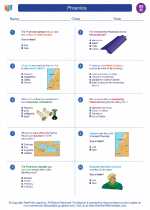Ecuador
Ecuador is a country located in South America, bordered by Colombia to the north, Peru to the east and south, and the Pacific Ocean to the west. It is known for its incredible biodiversity, including the Galapagos Islands, which are famous for their unique wildlife. The capital city of Ecuador is Quito, which is one of the highest capital cities in the world.
Geography and Climate
Ecuador is divided into four main geographic regions: the Andes Mountains, the Amazon Rainforest, the Pacific Coast, and the Galapagos Islands. Each region has its own unique climate and natural features, making Ecuador a diverse and beautiful country.
History and Culture
Ecuador has a rich history, with indigenous cultures dating back thousands of years. The Inca Empire also had a significant presence in the region before the arrival of Spanish conquistadors in the 16th century. Today, Ecuador is a multicultural country with a blend of indigenous, European, and African influences.
Economy and Politics
Ecuador's economy is largely dependent on its oil exports, as well as agriculture and tourism. The country has a history of political instability, with a number of different governments and leaders throughout its history. In recent years, Ecuador has faced challenges related to poverty, inequality, and environmental conservation.
Study Guide
- Where is Ecuador located?
- What are the main geographic regions of Ecuador?
- What is the capital city of Ecuador?
- What are the main sources of income for Ecuador's economy?
- What are some of the environmental challenges facing Ecuador?
Studying the geography, history, and culture of Ecuador can provide valuable insights into the diversity and complexity of South American societies. It is also important to consider the impact of globalization, environmental conservation, and social development in the context of Ecuador's unique challenges and opportunities.
[Ecuador] Related Worksheets and Study Guides:
.◂Social Studies Worksheets and Study Guides Eighth Grade. Phoenicia

 Worksheet/Answer key
Worksheet/Answer key
 Worksheet/Answer key
Worksheet/Answer key
 Worksheet/Answer key
Worksheet/Answer key
